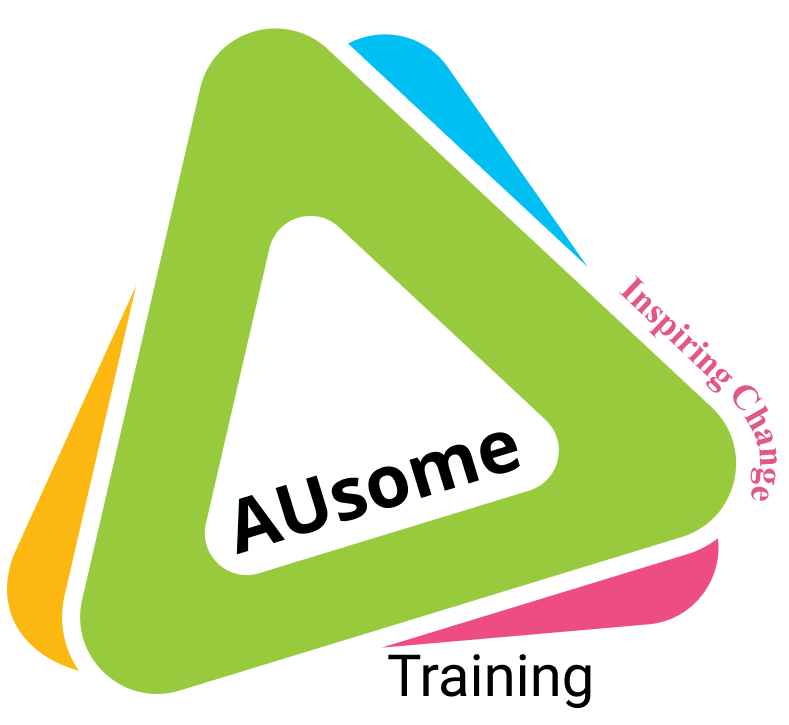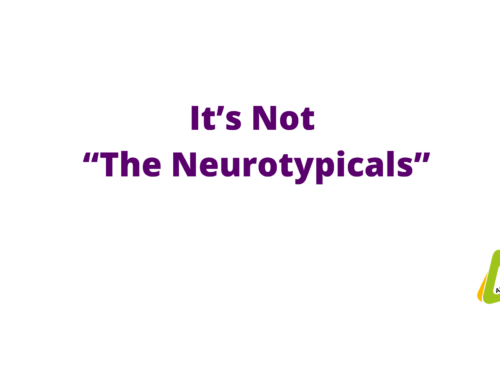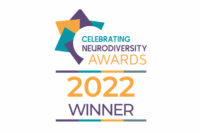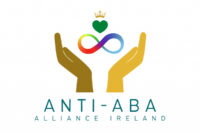How did you first discover you were Autistic at 12 years old?
Well I was very aware I was “different” by age three, but I first put a label on ‘difference’ while “reading the library” – sneaking into the adult section and working through the shelves one by one. I discovered “The American Handbook of Psychiatry” and saw something like a description of myself, and the word “autistic.”
Did finding out you were Autistic give you a sense of clarity and better understanding of self? In what way?
I only gained awareness that somewhere there are people who share some of my characteristics. That worked to my advantage though as it left me to continue searching through every topic imaginable. I came to understand myself through ideas of compassion, complexity, diversity, justice, ethics… not through ideas of tragedy, disorder and failure.
Why do you believe there is still a tragedy lens around Autism instead of a celebratory attitude?
The idea of “autistic” is founded on ideas set down eighty years ago. That gave us a medicalised, treatment-oriented perspective linked to the voice of authority, and a belief that Autistics are inherently unable to understand ourselves or others. Turning that ‘received wisdom’ on its head is tough. Top that off with a society built on conformity and norms, and it is even harder. The end result is that most people find the idea of celebrating this ‘disorder’ plain bizarre, even today.
Can you tell us more about your work developing the ‘Munster Model’?
The Munster Model developed from one line in a text I wrote in 2008: “Autistics are human.” The implications have been enormous, but initially it suggested that most or all of what makes someone Autistic should be down to typical human responses to lived experience. Only what cannot be explained in this way warrants labelling as ‘Autistic.’ It simplified everything, and has produced a rich, interlinked, coherent model of the ‘why’ and ‘how’ of Autistic living. Autistic researchers have identified pieces of the picture – masking, stimming, sensory sensitivity, double empathy problem, inertia and so on. The Munster Model helps put them all into the context of a life lived by an Autistic person as related parts of a whole. It not only asserts that Autistic people are a normal part of humanity, but it explains why.
What was it like speaking at Ireland’s first ever all-Autistic Conference? What did you learn on the day?
The abiding memory is much the same as for any such Autistic-led event and is primarily about connection and community.
It was the first time I spoke about Autistic personal spaces – communication space, emotional space, cognitive space, physical space – and the challenge of drawing an audience into something new – it is an amazing experience.
What mattered most to me though was that the speakers helped hundreds of people learn, see possibilities, and reimagine Autistics as whole, capable, equal humans.
You talk a lot about ‘Autistic Space’ in your work and during the AUsome Conference in 2019. Can you tell us more about what ‘Autistic Space’ means?
All humans live in a mental model of reality based on what they experience. Autistic Space is that mental model, built on distinctly different experiences. The things that matter are different, the things to reach for or avoid are different. Crucially, how all humans construct a sense of Self, its personal spaces, defines what that Self is “allowed” to do or not do, is constructed within that virtual mental model. We all experience the same world, but we do not all experience that world the same way. The process of regaining your own Autistic Space is about claiming spaces, asserting your right to be heard, and stretching out to fill the space that is rightfully your own.
You are working as a Subject Matter Expert for AUsome Training, what does that involve? What topics can we expect to see from your work going forward?
Being SME involves providing research-backed perspectives and clear, meaningful explanations to guide how AUsome Training approaches Autistic topics. Expect more detail on the Self and personal spaces, but also the vital issue of trauma and cPTSD, and how all that unravels into stimming, PDA, anxiety, hyperfocus, communication, and so on. Meanwhile I am also working on basic explanations of common terms and ideas people encounter, to help make sense of what people are talking about.
You have also published, presented and trained on this work internationally via Conferences, the Autistic Union, your Infinite Diversity Blog and Webinars in Ausome Training. Can you give us more on the backstory of this journey?
During the 1990s and 2000s I tutored students, and occasionally published and presented on anything from what we would call ‘neurodiversity’ to ecology to mythology and archaeology. It has always felt natural to reach out and share. My real focus arose when the beginnings of the Munster Model started forming.
Autistic Union gave me a great platform to develop ideas and reach a rapidly growing audience. Most of the central ideas of the Munster Model first appeared there, though now I mostly use the Infinite Diversity blog. My colleagues at Autistic Union and the support of AUsome Training gave me a springboard to resume workshops, present at Autscape in the UK, in Poland, and across Ireland. Really it is about the pleasure of discovery, and of sharing discoveries.
Do you believe there is a sense of ‘othering’ for Autistics in Ireland? In what way?
Of course. Humans shape their societies by drawing lines that define thousands of overlapping, inclusive, and exclusive ‘us and them’ categories, and norms of acceptability. That is what gives society structure, makes it comprehensible, and provides certainty we all need.
The down side is that any minority or outsider immediately becomes symbolic of ‘us and them’, of success or failure, acceptability or shame. Autistics experience this just like any minority.
A lot of it is intangible and insidious – tiny silent decisions that accumulate and ultimately marginalise or even destroy a person – though more blatant examples occur also. Growing up in that environment, survival quickly comes to mean masking and self-editing, and feeling the need to almost apologise for being Autistic.
Othering is not just about overt exclusion, it is about being aware that you, as an individual, are excluded. It is that awareness that really does the harm. Over the years, the impacts on social connection, on mental health, access to employment and income and so on make quality of life more and more difficult. Really, Autistic people end up othered more due to poverty, unemployment, isolation and mental health.
At the heart of what AUsome conferences are about is pushing back against that, opening doors, and generating new possibilities.
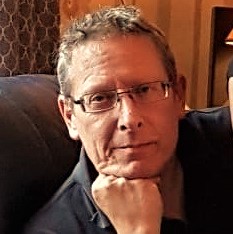
Interviewed by Amy O’ Regan
